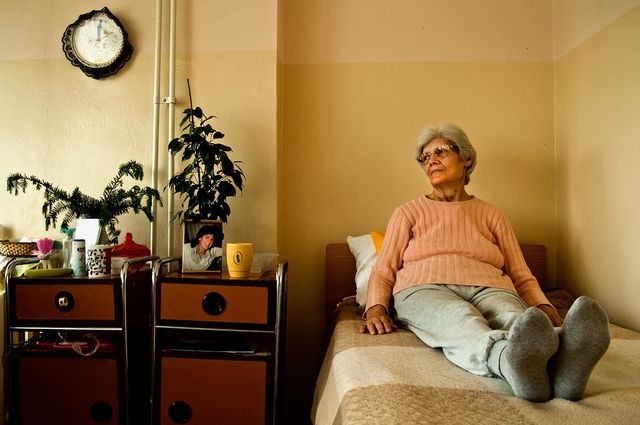The decision to place a loved one in a nursing home can be a difficult one. While we often have the best of intentions, caring for an elderly family member can be a strain on your family and moving an individual into a facility designed to care for the aging can be tremendously helpful. Not only do nursing homes have skilled staff on hand, but facility resources are also designed to help loved ones transition into their autumn years.

Unfortunately, the National Council on Aging (NCOA) provides data indicating that approximately one out of every 10 Americans over the age of 60 will experience some form of elder abuse. Many times, this is nursing home abuse comes at the hands of caregivers at a senior care facility. Nursing home neglect and abuse takes many forms, such as:
- Physical Abuse
- Sexual Abuse
- Emotional Abuse
- Confinement
- Passive Neglect
- Willful Deprivation of Medicine, Care or Food.
- Financial Exploitation
The elderly who are experiencing nursing home abuse or neglect are at an increased risk of death at a rate of 300% more those who do not experience such cases of elder abuse. During a time when your loved one is supposed to be enjoying their golden years, the last thing you want is another’s misconduct causing harm to your loved one. What can you do to ensure nursing homes and elder care facilities are following the law and treating their patrons with the respect they deserve?
Nursing Home Abuse Takes Many Shapes
Under the Nursing Home Care Act, the state of Illinois ensures that nursing home patrons and their families have recourse if the unthinkable happens and the facility or one of their agents neglects or mistreats an individual. For example, every nursing home resident has a right to manage their own financial affairs. Additionally, residents must be allowed their own personal physician if requested, albeit at their own expense. In addition to the hard line rules, Illinois law also requires that caregivers treat residents with dignity, ensuring privacy and respect in treatment programs.
Although sometimes patients or residents may need restraints to prevent them from harming themselves, these restraints may never be used as punishment. The facility, however, may not use restraints without the informed consent of the resident or the resident’s guardian.
Sometimes physical neglect or abuse in a nursing home is obvious, but emotional trauma is less apparent, particularly when a resident suffers from an ailment that prevents them from effectively communicating.
Chicago Nursing Home Neglect Lawyers and Elder Abuse Attorneys Can Help You
It may appear that nursing home lawsuits resulting from the injury of a loved one are straightforward. Although the law does prohibit certain neglectful or abusive acts, administering justice remains complicated. A skilled nursing home lawyer will help you determine who to bring an action against and also what claims to assert.
The experienced Chicago nursing home abuse attorneys at Dinizulu Law Group, Ltd. understand the complicated nature of bringing caretakers and nursing home facilities to justice in the unfortunate event of nursing home negligence and abuse. Let our nursing home abuse lawyers in Chicago help you. Please contact us today at 1-312-384-1920 or 1-800-693-1LAW.




